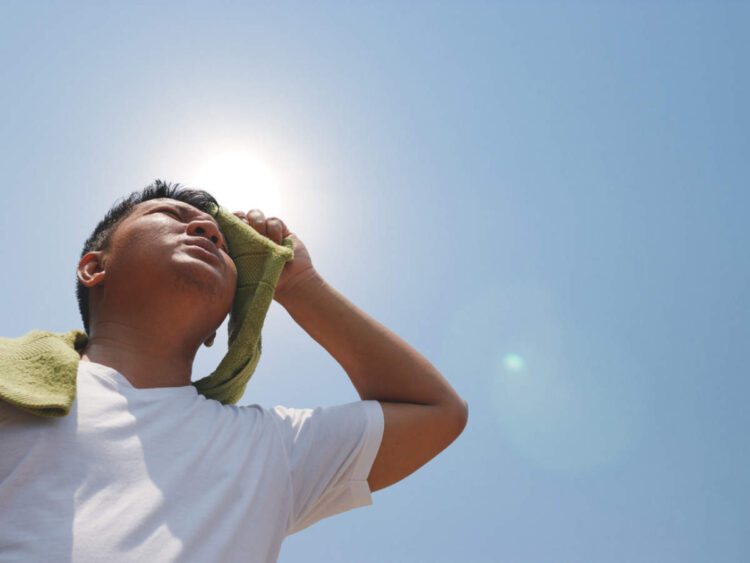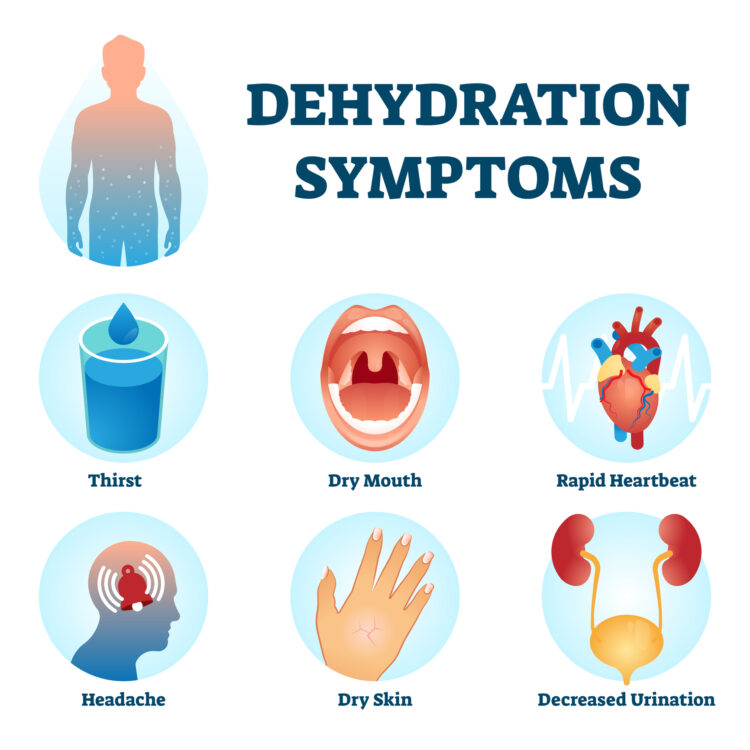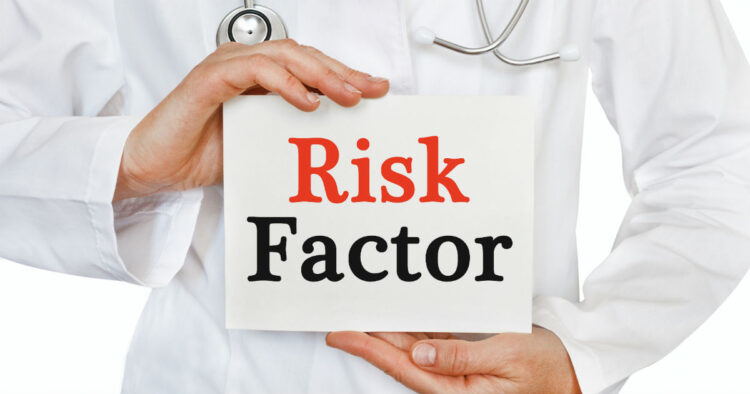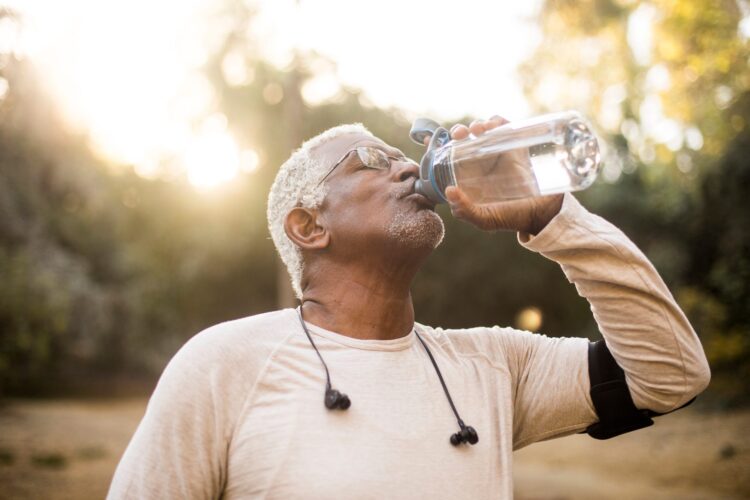One may already be aware that specific scents and foods, as well as stress, the environment, alcohol, and the weather, can cause migraines. But dehydration can also be to blame. According to the American Migraine Foundation, around one-third of migraine sufferers claim that drinking too little water or becoming dehydrated can trigger attacks.
When they don’t drink enough water, even people who don’t suffer from migraines can get dehydration headaches. These headaches can still be uncomfortable even if they don’t feel as bad as a migraine. In actuality, dehydration and headaches can coexist. And if people suffer from migraines, they should take precautions to avoid this typical trigger.
Can Dehydration Trigger Headaches?

Dehydration is not explicitly listed as a primary cause of headaches in the 3rd version of the International Classification of Headache Disorders (ICHD-3). They are aware that it could result in a “secondary headache attributable to abnormalities of homeostasis,” though. In other words, the disturbance of the body’s internal balance may influence the association between dehydration and headache.
Remember that just because the medical community doesn’t recognize dehydration headaches doesn’t make the experience any less valid or accurate. Dehydration is acknowledged as a potential headache and migraine trigger by the American Headache Society, American Migraine Foundation, and Migraine Trust. Additionally, they advise anyone dealing with migraines to drink enough fluids.
It’s also important to remember that brain dehydration can cause headaches from dehydration by pressing on blood vessels and layers of tissue around the brain that are sensitive to pain. The brain’s structure changes due to low fluid levels, which is when brain dehydration occurs. Cognitively challenging tasks may suffer from dehydration because your brain will have to work harder than usual.
Additionally, the absence of electrolytes in a dehydrated body might deprive your brain of the necessary electrolytes for proper brain and nervous system function. Finally, studies on water-deprivation headaches and whether drinking fluids might ease migraines produced the following fascinating results:
- 22 out of 34 individuals (or 2 cups of water) had headache relief within 30 minutes.
- After having 3 cups of water, eleven of the participants experienced complete alleviation between 1 and 3 hours later.
What Does A Dehydration Headache Feel Like?

Everyone experiences a headache from dehydration. Some people describe the discomfort as having a severe migraine-like headache, while others describe it as having a dull, tension-like headache in the front of the head. Headaches from dehydration can occur on the front, back, or side of the head. On occasion, one will experience it in their entire head. People who reported headache alleviation from drinking water described their discomfort as worse when they bent down, moved their heads, or walked around. According to observational research, dehydration can also lengthen the symptoms of a migraine.
Everyone has a different experience, ranging from a dull, annoyance-inducing tension headache to intense pressure inside the brain with one side throbbing. Additionally, an individual can feel nauseous or be more sensitive to light and sound. Dehydration migraines don’t cause facial pain or pressure like sinus headaches do. Unlike tension headaches, the back of the neck is less likely to hurt. More than only throbbing head pain are other signs of a dehydration headache. This kind of headache may also be accompanied by symptoms of dehydration, such as:
- Severe thirst
- Arid skin
- Sticky and dry mouth
- Low urine flow or dark-colored urine
- Muscle pain
- Heat stroke
- Feeling weak or lightheaded
- Nausea
- Reduction in blood pressure
- Fatigue
Don’t just stick to drinking water to hydrate when you have mild to moderate dehydration-related headaches. You cannot replenish the electrolytes you have lost with water. Instead, consume more liquids while replenishing your electrolyte levels. Seek immediate medical assistance when experiencing severe dehydration.
Managing a Dehydration Headache
The next step is discovering how to relieve dehydration, as people have already experienced it. Use medications like ibuprofen for general headache relief. Understanding how dehydration occurs is the first step in controlling headaches caused by dehydration. The body loses fluid and electrolytes, which leads to dehydration. Again, engaging in strenuous physical activity, high perspiration, and heat-related disorders like heat exhaustion are the most frequent causes of dehydration.
Dehydration can also occur as a result of not drinking enough water and from activities that cause vomiting or excessive sweating, both of which cause fast fluid loss. The likelihood of becoming dehydrated might also be increased by nausea, vomiting, and fever. The following individuals are more prone to dehydration:
- People who suffer from chronic conditions like thyroid disease and type 2 – diabetes
- Those who are over 60
- Individuals who use diuretics or prescription drugs to treat high blood pressure
- Children under age five are also more prone to long-term dehydration
Risk Factors for Dehydration

Dehydration can happen to anyone. Mild dehydration will affect the majority of people. However, certain people are more in danger than others, such as:
- Residents of higher altitudes
- New-borns and young kids
- Older individuals
- People suffering from diabetes or kidney dysfunction
- Those who consume drugs that boost urine production
- People engaging in demanding physical activity, such as endurance athletes
- Residents in hot climates
- These individuals need to exercise extra caution to maintain sufficient hydration.
How Much Should One Consume to Stay Hydrated?
The average person should consume eight glasses of water daily (about 2 liters). There should be additional drinks like juice and skim milk daily. Additionally, you ought to consume foods that are high in water, such as:
- Veggies and fruits
- Soups and broths
- Yogurt
- Cottage cheese
Fruits and vegetables that are good sources of water include:
- Watermelon
- Peaches
- Strawberries
- Cauliflower
- Cucumbers
- Oranges
- Zucchini
- Lettuce
Drink water to check if the person is experiencing less intensity of the headache and shorten the duration of the migraine if someone has one and suspects that mild dehydration may have been the cause. According to a study, drinking fluids relieves migraine sufferers’ symptoms within 30 minutes.
How to Prevent Headaches from Dehydration?

- The best strategy to stop headaches caused by dehydration is to ensure one is consuming more fluids and electrolytes than losing.
- Increase water intake and drink more liquids until the urine is clear or light yellow.
- When it’s hot outside, stay under shade and away from activities that require a lot of energy
- Carry electrolyte packets and a reusable water bottle whenever stepping out of the home.
Dehydration happens due to losing fluids and electrolytes more quickly than one can replenish them. More than a glass of water is required. Electrolytes, including sodium, potassium, and magnesium, are essential to the body. To prevent dehydration symptoms like a headache, it is essential to immediately manage fluid and electrolyte loss.
Conclusion
A dehydration migraine develops when the body loses too much fluid and electrolytes. By consuming enough water, avoiding dehydrating liquids like alcohol and coffee, and avoiding extreme temperatures, a person can prevent dehydration. Dehydration must be treated to restore fluid balance in the body and relieve the headache caused by dehydration. Dehydration can be so severe in some circumstances that hospitalization may be necessary.







